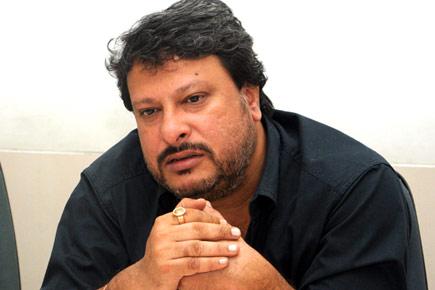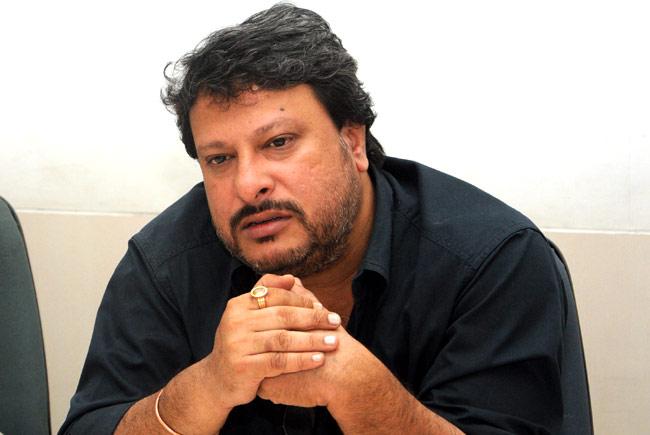Director Tigmanshu Dhulia, whose film "Raag Desh" is about the Indian National Army (INA) trials, says that a film on such a subject is not always possible in the industry as producers will send him back if he approaches them with it.

Tigmanshu Dhulia
Director Tigmanshu Dhulia, whose film "Raag Desh" is about the Indian National Army (INA) trials, says that a film on such a subject is not always possible in the industry as producers will send him back if he approaches them with it.
ADVERTISEMENT

Tigmanshu Dhulia
"Doing a subject like this is not possible in this industry. If I go to a producer and say that I want to make a film on Indian National Army, that person will send me back home," Dhulia said here.
"I have been a student of History and passed out from Allahabad University... Judiciary runs in the blood of my family, so I knew about INA trials since childhood. When Sapal sahab (producer Gurdeep Singh Sapal) met me in Delhi, I jumped at the project and said that only I would do it, no one else would be able to do it.
"If Indian National Army wouldn't have been there, perhaps we wouldn't have got independence in 1947," Dhulia added.
The film's plot will revolve around the joint court martial of Col. Prem Sahgal, Col. Gurubaksh Singh Dhillon and Maj. Gen. Shahnawaz Khan. The characters in the film will be played by Mohit Marwah, Amit Sadh and Kunal Kapoor respectively.
Explaining his choice of cast members, Dhulia said: "If Sappal sahab has given me this responsibility and if I have the freedom to portray history in front of the audience in an interesting manner, then I shouldn't take the help of those things due to which a film receives commercial success.
"It becomes my responsibility to take boys who properly fit in as if only they could have done it. That is why I have chosen these three actors."
Did he stick to the facts or did he take cinematic liberty for the scenes?
"For the important issues, the ones turning the plot, we have not taken any cinematic liberty on them. In every scene, we have written from which book or interview we have got the facts from. But for the individual scenes, there is no historical documentation to it, so we have taken cinematic liberty for these private moments," he said.
 Subscribe today by clicking the link and stay updated with the latest news!" Click here!
Subscribe today by clicking the link and stay updated with the latest news!" Click here!






